Authors: Various
Length: 150 psalms
Genre: Poetry
Theme verse: “How blessed is the man who does not walk in the counsel of the wicked,
Nor stand in the path of sinners,
Nor sit in the seat of scoffers!
But his delight is in the law of the LORD,
And in His law he meditates day and night.” (Ps 1:1–2)
Summary of Psalms
Psalms is a collection of 150 poems written over hundreds of years. Many were originally put to music, and used in the Jewish temples to praise the Lord. It all begins with an invitation:
How blessed is the man who does not walk in the counsel of the wicked,
Nor stand in the path of sinners,
Nor sit in the seat of scoffers!
But his delight is in the law of the LORD,
And in His law he meditates day and night. (Ps 1:1–2)
The man who meditates on the Law of the Lord will be blessed, and by contrast, the wicked will perish (Ps 1:6). Why? Because God is King, and His Messiah will one day rule1.
Psalms has it all.
History, poetry, prayer, song, chant, prophecy—Psalms runs the gamut when it comes to the kind of content covered in the Bible. The Psalms address every major Old Testament event:
- Creation
- God’s covenant with Abraham, Issac, and Jacob
- The exodus
- The giving of the Torah
- The conquest of the promised land
- God’s covenant with David
- The temple in Jerusalem
- The Babylonian captivity
- The return to Jerusalem
Psalms takes us through the spectrum of human experience, and shows us that no matter what we go through, there is a God who listens to those who call on Him. He walks beside us, goes before us, encamps around us, reigns above us, and dwells among us.
He is God, and we should praise Him.
The authors of Psalms
Psalms has more authors than any other book of the Bible, by far. Psalms credits five individual authors and two families (who wrote psalms over the centuries). Many psalms are still not attributed to any authors today.
Here’s the spread:
David: 73 psalms
(The Septuagint and Latin Vulgate credit a few more to him.2)
Half of Psalms was written by King David at various points in his life—and not all of them were good times. David’s psalms show how a man of God prays during times of hardship, loss, joy, and guilt.
Asaph (the family): 12 psalms
This family was ordained by David to lead the people in worship, and was recommissioned when Nehemiah rebuilt Jerusalem (1 Ch 25:1; Neh 7:44; 12:46–47).
The sons of Korah: 11 psalms
Back in the book of Numbers, a man named Korah rebelled against Moses and Aaron—and God caused the earth to swallow him up. His sons survived, though (Nu 26:11), and continued to serve in the house of the Lord. They share one psalm (Ps 88) with the wise man Heman.
Solomon: two psalms
Solomon is better known for his work in Proverbs, Ecclesiastes, and Song of Solomon, but he also contributes a few lines to Psalms.
Moses: one psalm. 
In addition to writing Genesis, Exodus, Leviticus, Numbers, and Deuteronomy, Moses also wrote the ninetieth psalm (Ps 90).
Ethan the Ezrahite: one psalm
We don’t know much about Ethan, except that he was very wise, and Solomon was wiser (1 Ki 4:31). Sorry, Ethan.
The remaining 50 psalms aren’t credited to any one author.
The structure of Psalms
Psalms is really five smaller books in one. And since each of these smaller books is an anthology, there’s really not a single narrative to follow throughout the book; however, there are a few things we can learn from the book’s structure:
Book One (Ps 1–41) is mostly written by David, and focuses on God’s ability to deliver those who fear Him. We see David pour out his heart to God, beg for protection, and ask for help against his enemies. Of all the books, this is the most personal, and has the feel of a one-on-one interaction with God. In Book One, we see the Lord beside us during times of trouble.
Book Two (Ps 42–72) focuses on God as the mighty Judge and King. He is the executor of justice on all nations, and the rescuer of those who delight in Him. In Book Two, we see the Lord going before us to execute justice on His enemies.
Book Three (Ps 73–89) is mostly written by the sons of Asaph, a family devoted to leading the people in worship to God in His temple (1 Ch 25:1). This book focuses on God’s relationship with the whole nation of Israel, not just the psalmist. It emphasizes God’s faithfulness—a faithfulness that spans generations. In Book Three, we see the Lord around us, remaining faithful to His people through the generations.
Book Four (Ps 90–106) directs our eyes to the Lord who rules over all the earth. Several of these psalms begin with simply, “The Lord reigns,” or “Praise the Lord!” This part of Psalms shows the Lord above us, the kind and righteous God who deserves our worship and praise.
And in Book Five (Ps 107–150), we are called to thank Him. He’s the Savior, deliverer, and God of all. In Book Five, we see the Lord among us, in His temple with his people.
Theme verses in Psalms
Psalm’s role in the Bible
Psalms is the second book of poetry in the Bible. While the poetic books of Job, Ecclesiastes, and Song of Solomon read as whole pieces, Psalms is a collection of 150 small units in one book—somewhat like today’s hymnals.
Which brings up an interesting point: Psalms is the only book of the Bible that isn’t given chapters. Most books of the Bible were divvied up by chapters around 1227 A.D., but Psalms is (mostly) divided according to the original documents. Most of the psalms have titles designating their composers, and some even include a little historical backdrop (example: Ps 51). Since Psalms is naturally divided by poem, you don’t find a “Psalms chapter 23,” instead, you’ll just find “Psalm 23” or “the twenty-third Psalm.”
Oh, and don’t let the psalm count fool you. Although there are 150 psalms, Psalms is not the longest book of the Bible—that’s Jeremiah.
But here’s my favorite thing about Psalms: while most of the Law and Prophets deal with God’s messages to men, the Psalms give us examples of how we can respond to God. While every other book of the Bible is written to people, the Psalms are directed to God.
They’re still inspired by God (2 Ti 3:16), but they feel incredibly human. Through the Psalms, we see how godly people spoke to a holy God in all kinds of circumstances.
Resources related to Psalms
- The 8 types of Psalms
- Songs for every Psalm at AnthemBible
- The longest book of the Bible (hint: it isn’t Psalms)
- Who wrote the Psalms? (it wasn’t just David)
- Lamentations (also a collection of poems and lyrics)
- First Samuel (backstory for David’s psalms)
- Second Samuel (backstory for David’s psalms)
- Song of Solomon (also a song)
1 Limburg, James. “Psalms, Book of.” Edited by David Noel Freedman. The Anchor Bible Dictionary, Volume 5. New York: Doubleday, 1992.
2 Cundall, Arthur E. “Psalms, Book of.” Edited by Walter A. Elwell and Barry J. Beitzel. Baker Encyclopedia of the Bible, Volumes 1 and 2. Grand Rapids, MI: Baker Book House, 1988.
Jeffrey Kranz is a participant in the Amazon Services LLC Associates Program, an affiliate advertising program designed to provide a means for sites to earn advertising fees by advertising and linking to Amazon.com.

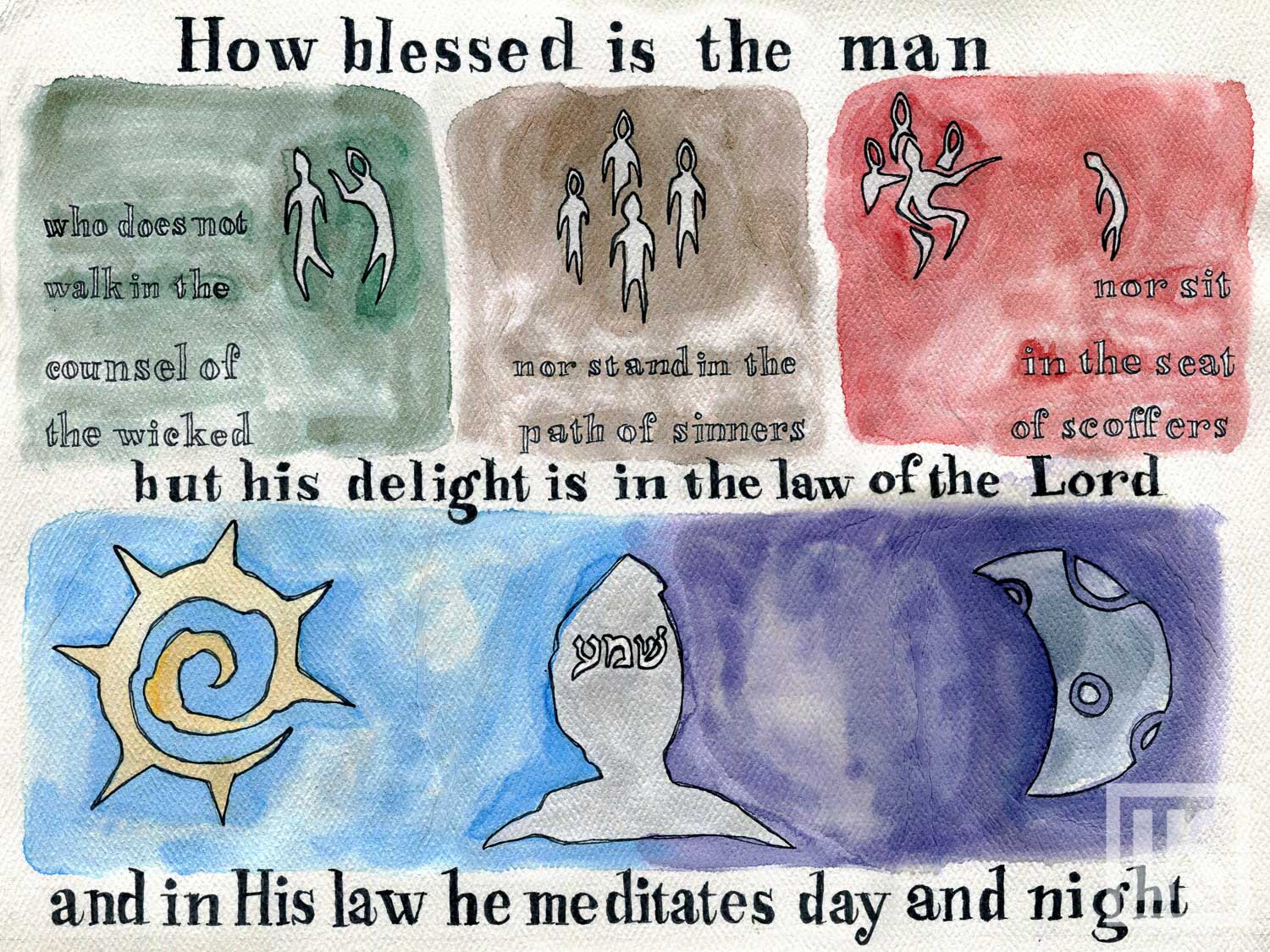


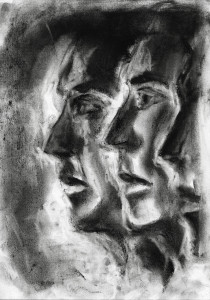

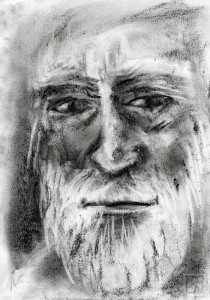
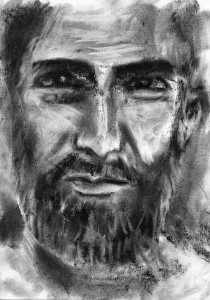
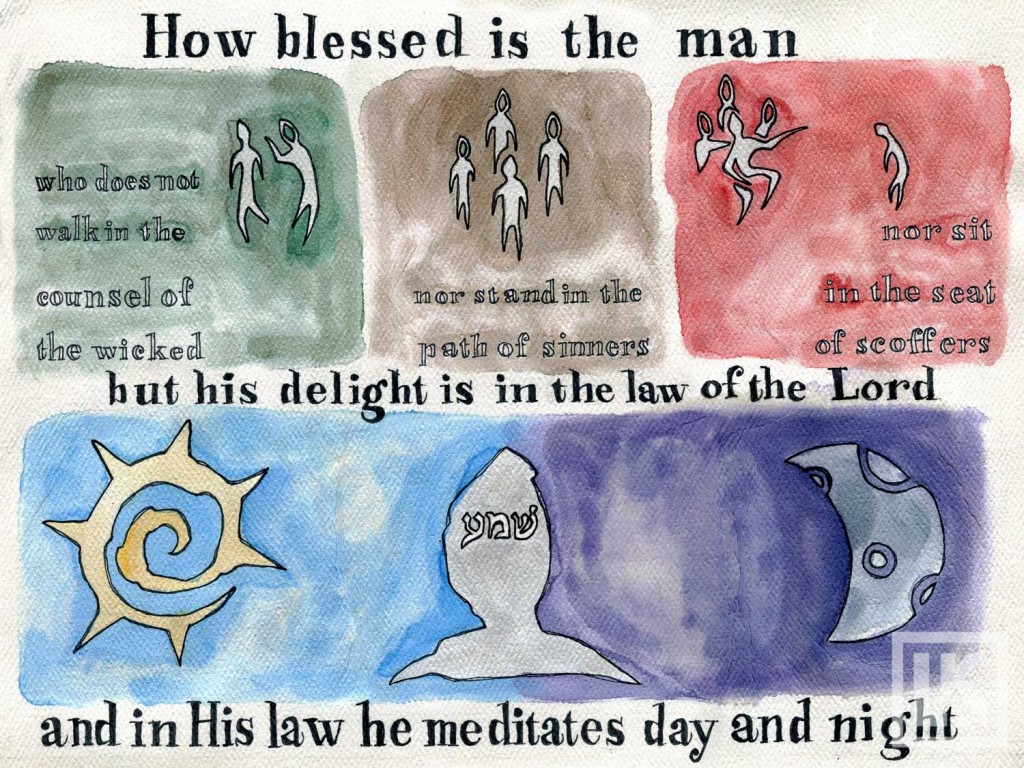
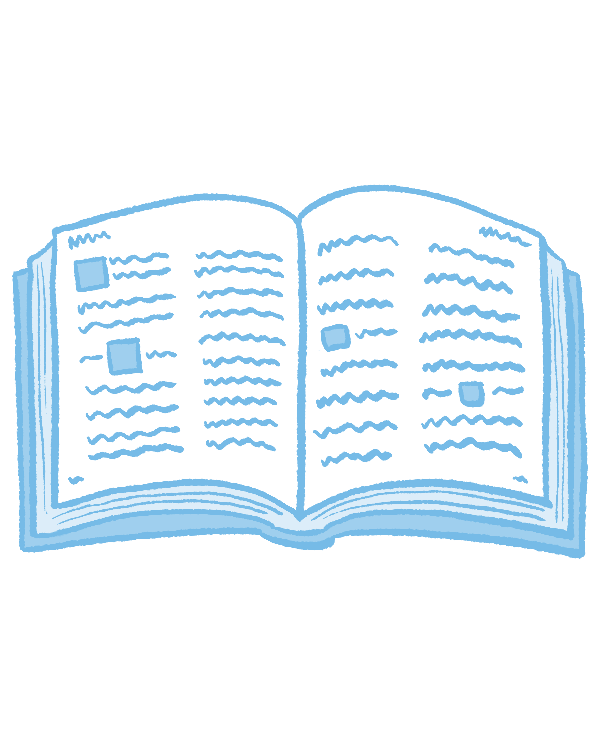


Jeff
You don’t know how delighted I was when I found your blog page. I’ve been looking for specific time lines as to when the Psalms were written, who wrote them, and what they were going through at the time they wrote it. Context is everything to me when studying the word.
Thanks for the incredible work. Well done Jeff!
Van
Thanks so much, Van! I’m glad to hear it’s helpful. Study on!